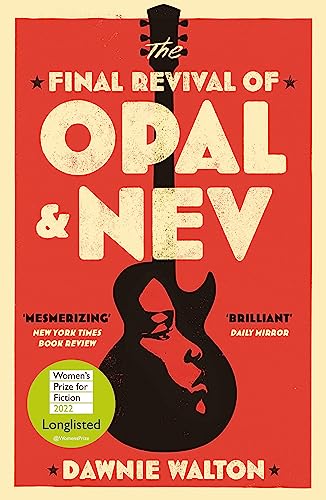


This is a tale of two Birminghams, among several other cities these two gem-sisters coming of age in Alabama and the rock ’n’ roll crucible in England, from which emerges Neville Charles, an affable ginger-haired guitarist who seeks a Black female singer to balance his act in America. “I was gonna find a way, honey.” Goodbye to blueberry pie! “I was interested in anything that would let me express myself, and get me out of being stuck,” she tells her interlocutor. Sister of the more docile Pearl, who has the voice of an angel but cares more about God than the entertainment business, Opal transforms alopecia into an asset (with the help of her devoted stylist and bestie, Virgil LaFleur) and scathing prejudice and misogyny into her personal flame.

Sunny Shelton, née SarahLena after Vaughan and Horne: a name obscured self-protectively after the murder of her father, a drummer, during a 1971 musical showcase that after devolving into a race riot is dubbed “Altamont East” by the media.īefitting her name, Opal is a complex, shade-shifting idol, not so much sparkling as iridescent. Ingeniously structured as an oral history stretching from the dawn of the civil rights movement to the Trump-torn 2010s, “The Final Revival of Opal & Nev” is like a rockumentary in written form, with bonus commentary. Events recorded in photographs taken using cameras loaded with film, wondering how the reel would come out. Libraries, record stores, closed-door offices. It’s above all a reminder of such places that used to clump humanity together in sweaty artistic and intellectual communion, not only before the pandemic - festivals, parties, concerts - but before the iPhonedemic.

But given present circumstances, these subdued little pixels will have to do. This novel is so good, I want to rent a velvet-swagged amphitheater and gather a large audience to blare through a microphone just how much I like it. THE FINAL REVIVAL OF OPAL & NEV By Dawnie Walton


 0 kommentar(er)
0 kommentar(er)
